
Win at All Costs
Inside Nike Running and Its Culture of Deception
ISBN: 9780062917775
Pages: 432
Recommendation
The 2012 Olympics crowned running coach Alberto Salazar’s triumphant second act. A legendary distance runner in the 1980s, but lacking Olympic medals, he’d fallen apart physically. Now, athletes he coached won medals in the 10,000 meters, including second placer Galen Rupp, who’d been under Salazar’s wing since high school. But, reveals journalist Matt Hart, sinister deeds lay behind Salazar’s feel-good story. He constantly flirted with – and often crossed – ethical lines. He all but ordered Rupp and other runners to take drugs for imaginary ills. Salazar was ultimately sanctioned for doping. As it often does, athletic competition once again offers an object lesson about the means to an end.
Summary
About the Author
Matt Hart covers sports science and performance-enhancing drugs. His work has appeared in The New York Times, National Geographic Adventure and Outside.








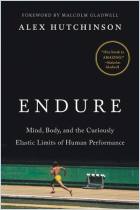
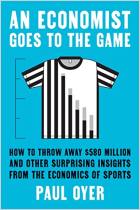
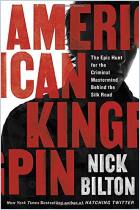

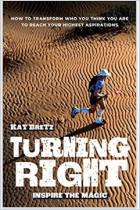
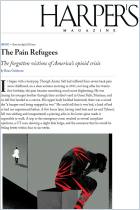







Comment on this summary